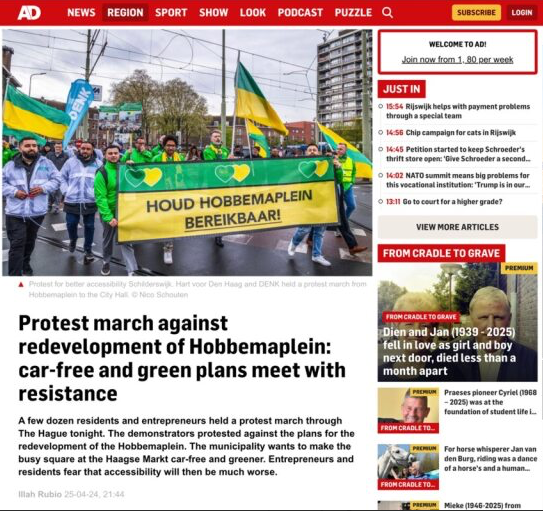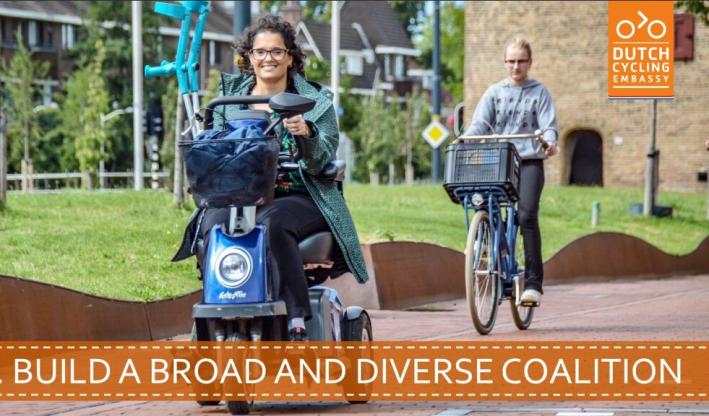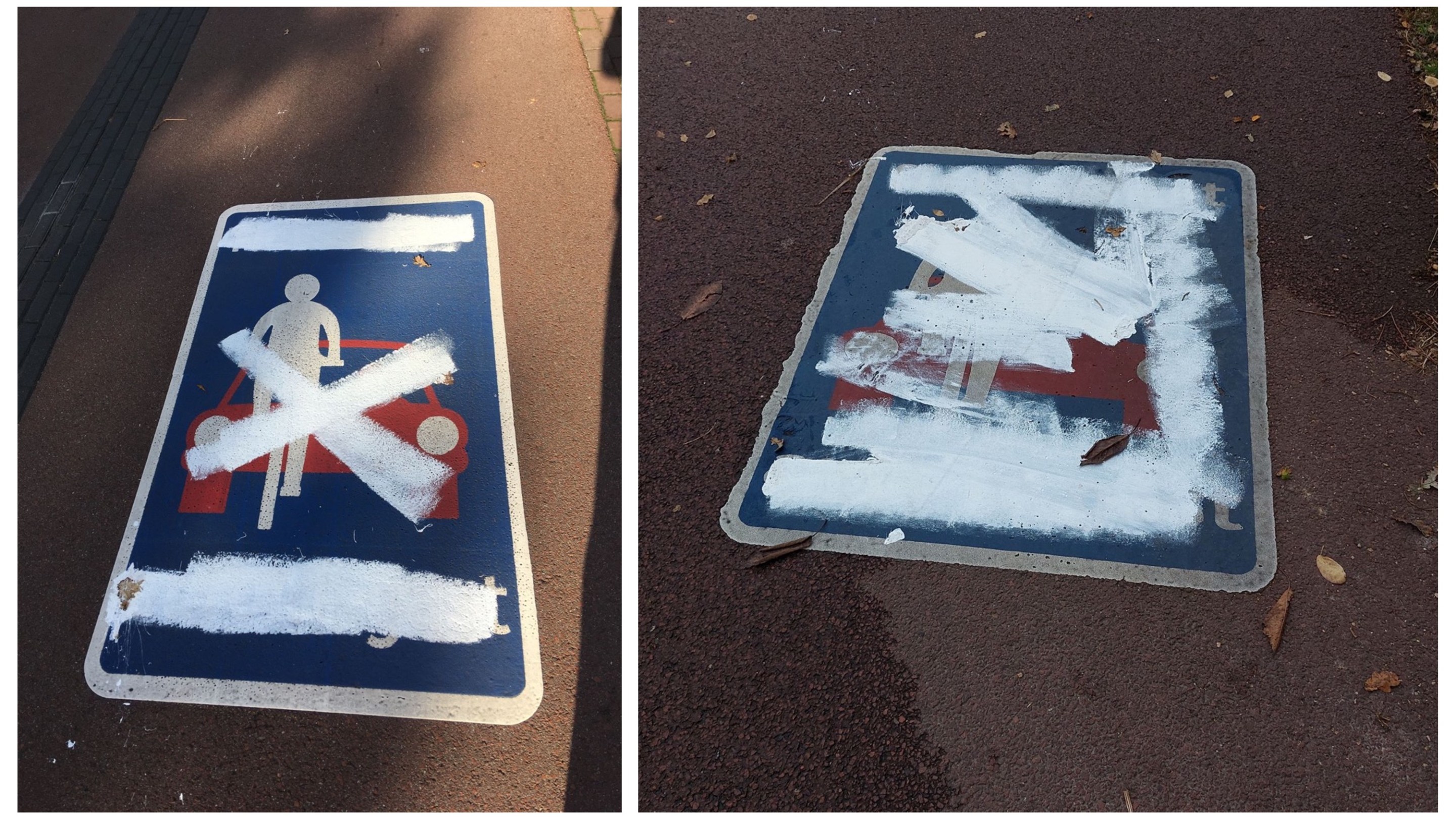The global phenomenon of “bikelash” has become one of the biggest barriers to implementing interventions that make our streets more livable, accessible and sustainable. So how do we best manage it as advocates for change?
Here are eight strategies I recently presented during a session entitled “Unleashing the Silent Majority to Beat the Bikelash” at the 2025 Velo-city Conference in Gdansk, Poland.

1. Accept that bikelash is inevitable
No matter how extensive the engagement, if we're doing something consequential, an intensive minority will undoubtedly mobilise themselves against change — vested interests for whom the status quo works. Even in the Netherlands’ “cycling paradise”, there are many recent examples of fierce opposition to proposed bicycle streets, highways, and low-traffic zones. We must accept that reality and find ways to work within it.
2. Don’t engage with bad-faith arguments
For the most part, we shouldn’t spend precious time and energy engaging with bad faith arguments from people we won’t, and don’t need to, convince. Rather, we should focus on articulating a positive, inclusive, livable vision of the future to decision makers.
3. Share the stories, not the statistics
In a post-truth society, bringing facts to a culture war is like bringing a spoon to a knife fight. We need to set aside the numbers on which we normally rely and craft narratives and messages that appeal emotionally — not intellectually — to our fellow citizens.

4. Build a broad and diverse coalition
By sparking a values-based conversation about our societal aspirations, we can find consensus on safety, health, greening, equity, sustainability, and prosperity. This includes those left behind by car dependence, who are currently excluded from the discussion.
5. Engage with people on their terms
The current engagement process is broken, resulting in only those with the most time and resources getting their voices heard. By going into the community and speaking to members at the places they happen to be, we can capture a more fair and indicative sentiment.
6. Locate and support your Champions
The process of urban transformation needs political proponents, but they'll inevitably become "lighting rods" for personal attacks. It is critical we prepare and protect them—helping them understand these criticisms are not representative of the larger community.
7. Give a voice to the 'silent majority'
The framing of change as controversial only leads to inertia and inaction. There is a latent demand waiting to be activated; huge numbers that will support politicians willing to push against the status quo. Our job is to ensure they are heard loud and clear.
8. Build a movement that stars with kids
In a tricky political environment, often the most successful first step is to centre your strategy on children. Feel-good initiatives like bike buses and school streets are difficult to oppose, and get the next generation advocating for safer infrastructure.
Exacerbated by a social media environment that has turned the push for liveable cities into another culture war, we shouldn't conflate the digital and real worlds. Bikelash might be inevitable, but it's surmountable, if we realize this isn't just the right thing to do — it's the popular thing to do.






